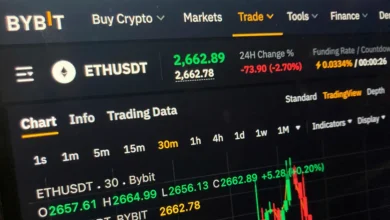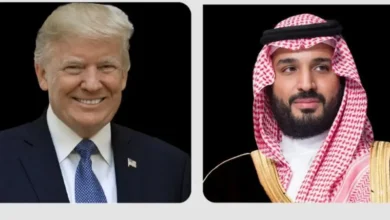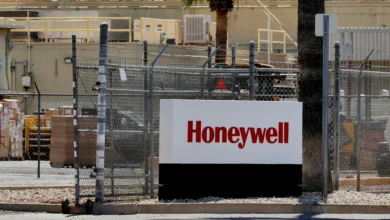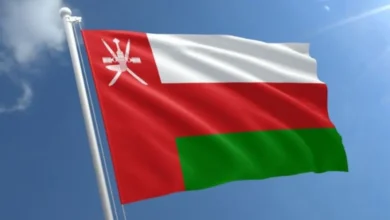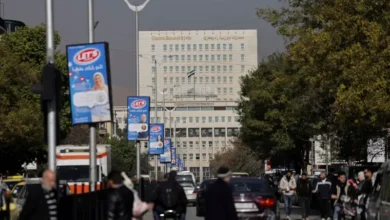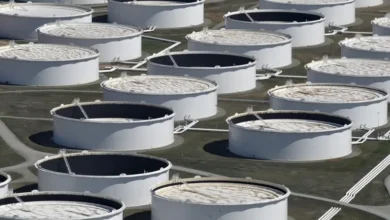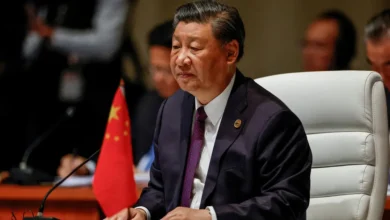Kurdistan PM blasts Baghdad over $20 bln lost oil revenue
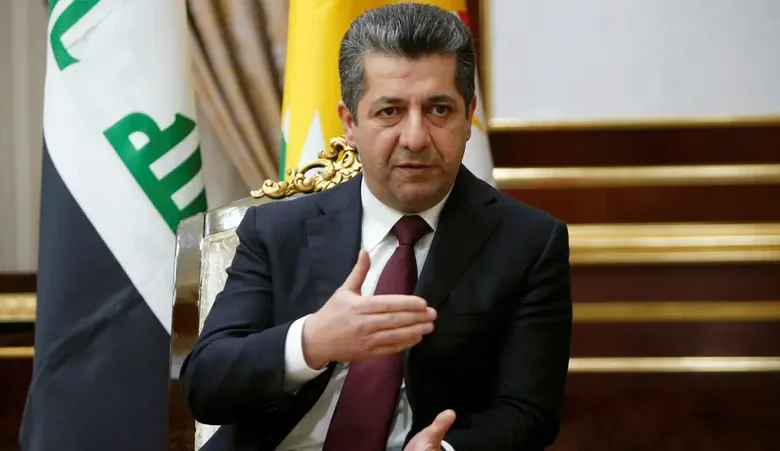
Kurdistan’s Prime Minister Masrour Barzani has laid bare the staggering financial toll on the semi-autonomous region of Iraq, as oil exports remain suspended.
Barzani reports the region has lost over $20 billion in revenue as a result of stalled exports through Turkey’s Ceyhan pipeline, amid power struggles with Iraq’s central government.
Speaking during a fiery interview with Al Arabiya’s Chief International Anchor Hadley Gamble at the Middle East Peace and Security Conference in Erbil, Barzani highlighted Kurdistan’s plight, stating, “almost every month we lose a billion. So, it’s over $20 billion that we’ve lost as a result of the exports.”
He added that the crisis stemmed from Iraqi oil policies, which he considers outdated.
“We have a law that belongs to Saddam’s era, which is designed for a central government. It doesn’t help a federal system… We need to replace that with a new law,” he said.
The ongoing suspension, which began in 2023, followed an arbitration ruling accusing Turkey of violating a 1973 pipeline agreement by allowing independent Kurdish oil exports.
Barzani sharply criticized Baghdad’s moves to centralize control over Kurdish oil production. In November, the Iraqi parliament passed legislation requiring Kurdistan to transfer its oil production to the state-run State Organization for Marketing of Oil (SOMO). Kurdish officials have also condemned additional tax measures targeting the region’s oil companies.
Barzani defended Kurdistan’s right to manage its own resources, pointing out that the region is producing far less than its OPEC quota.
“Kurdistan is entitled to produce at least 500,000 barrels [per day]. We are producing even less than half of that. So, to tell us to reduce production, it’s not fair,” he argued, highlighting Kurdistan’s disproportionately small contribution to Iraq’s overall production.
Beyond oil, the discussion also veered into politically sensitive territory, with Gamble directly questioning whether, as some had suggested, Baghdad was held ‘hostage’ to Iran, and if the Kurdistan leader was concerned such influence could embroil the country in the broadening regional conflict with Israel.
Barzani avoided the term but pointedly noted Iran’s significant sway over Iraqi politics.
“There’s a lot of influence. Iran has a lot of influence in Iraq. That’s true. Now, whether this is a decision that the Iraqis have made or it’s a decision that’s been imposed… you better ask that question in Baghdad.”
Stressing the importance of Iraq resisting external pressures, Barzani warned, “we don’t want Iraq to be dragged into this war; we don’t think that this is an Iraqi war.”
Looking ahead, Barzani expressed cautious optimism regarding the incoming Trump administration. He highlighted the importance of maintaining strong relations with the US, particularly in counter-terrorism efforts and economic development.
“We are hoping that the US administration is going to maintain good relations with the region, with Iraq, and in particular with the Kurdistan region,” Barzani stated.
